News
-
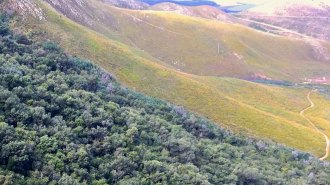 Life
LifeAfrica’s fynbos plants hold their ground with the world’s thinnest roots
Long, thin roots help this South African shrubland commandeer soil nutrients and keep the neighboring forest from encroaching on its territory.
By Jake Buehler -
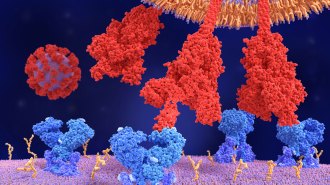 Health & Medicine
Health & MedicineHow omicron’s mutations make it the most infectious coronavirus variant yet
With its mishmash of mutations, omicron has a unique anatomy that has helped fuel its dominance.
-
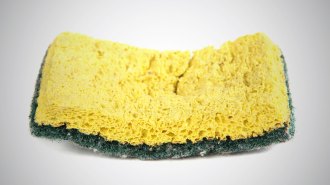 Life
LifeWhy kitchen sponges are the perfect home for bacteria
Sponges are remarkably diverse hot spots for bacteria, in part because of the mixed-housing environment that the tools offer their tenants.
By Anna Gibbs -
 Climate
ClimateA UN report shows climate change’s escalating toll on people and nature
The latest United Nations' IPCC climate change report underscores the urgent need for action to avoid the worst consequences of global warming.
By Nikk Ogasa -
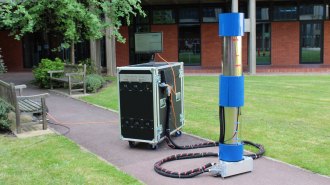 Quantum Physics
Quantum PhysicsA new gravity sensor used atoms’ weird quantum behavior to peer underground
Quantum sensors promise to be more accurate and stable in the long run than other gravity probes.
-
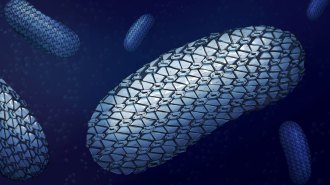 Microbes
MicrobesA chain mail–like armor may shield C. difficile from some antibiotics
Examining the structures that protect Clostridioides difficile from medicines could help researchers find new ways to target and kill the bacteria.
-
 Health & Medicine
Health & MedicineMore than 5 million children have lost a parent or caregiver to COVID-19
The number of children who experienced the death of a parent or caregiver due to COVID-19 nearly doubled from May through October in 2021.
-
 Health & Medicine
Health & MedicineThe COVID-19 pandemic is not an on-off switch
The pandemic is more of a dimmer switch, and it will be a slow slide to the endemic phase, says epidemiologist Aubree Gordon.
-
 Astronomy
AstronomyA fast radio burst’s unlikely source may be a cluster of old stars
The burst’s origin in a globular cluster suggests that not all these enigmatic blasts come from young stellar populations.
-
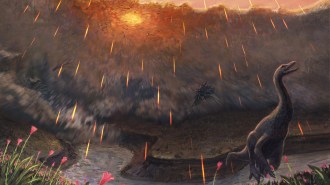 Paleontology
PaleontologyThe Age of Dinosaurs may have ended in springtime
Fossilized fish bones suggest that the massive asteroid strike at the end of the Cretaceous Period occurred during the Northern Hemisphere’s spring.
By Sid Perkins -
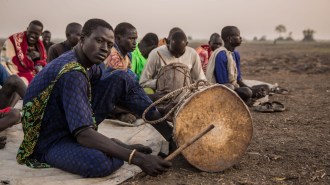 Genetics
GeneticsAfrica’s oldest human DNA helps unveil an ancient population shift
Long-distance mate seekers started staying closer to home about 20,000 years ago.
By Bruce Bower -
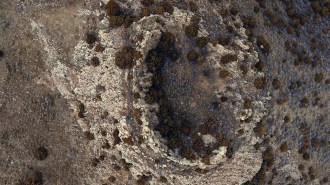 Planetary Science
Planetary ScienceAn ancient impact on Earth led to a cascade of cratering
For the first time, scientists have discovered clusters of craters on Earth that were formed by the impacts of material thrown out of a larger crater.
By Sid Perkins